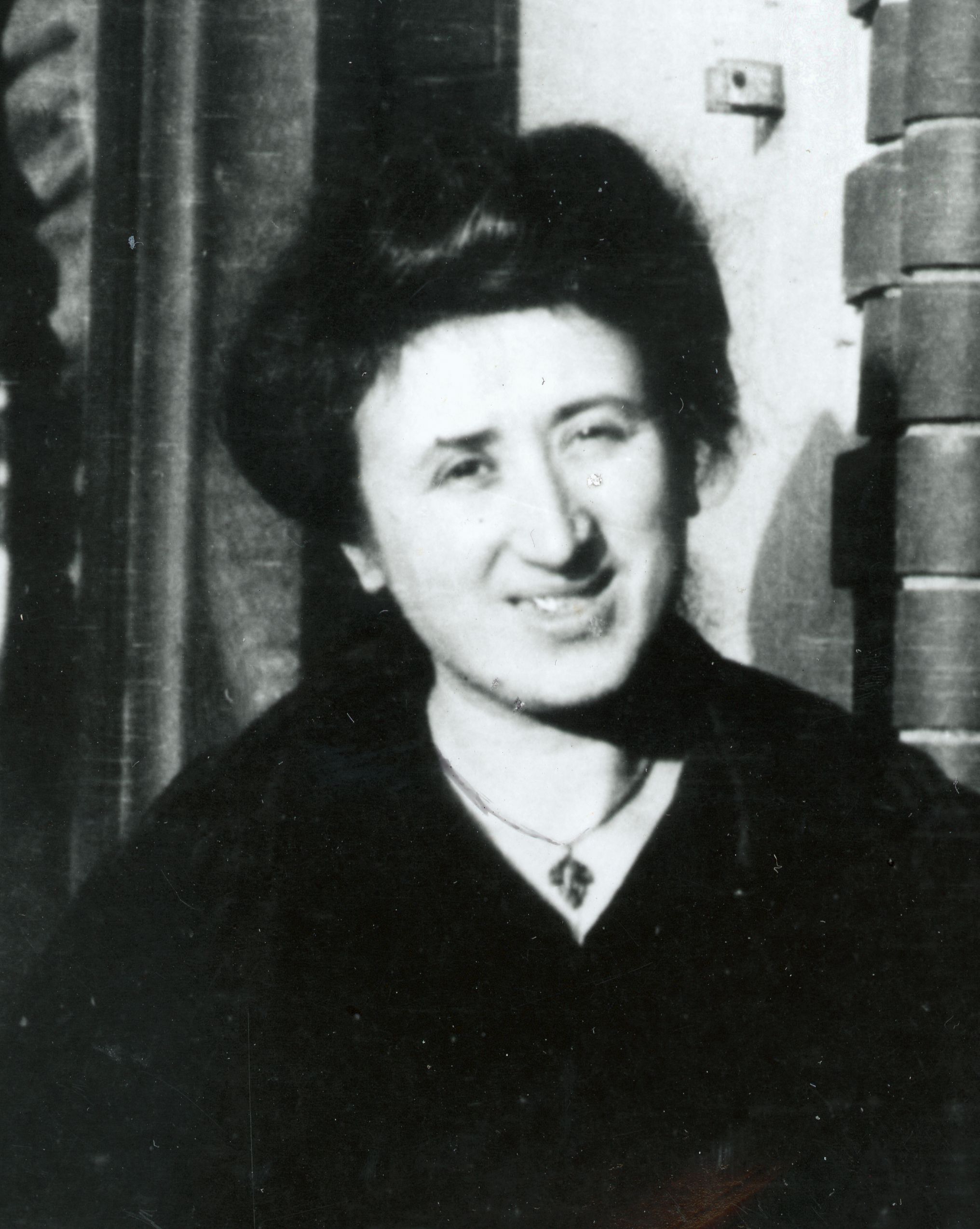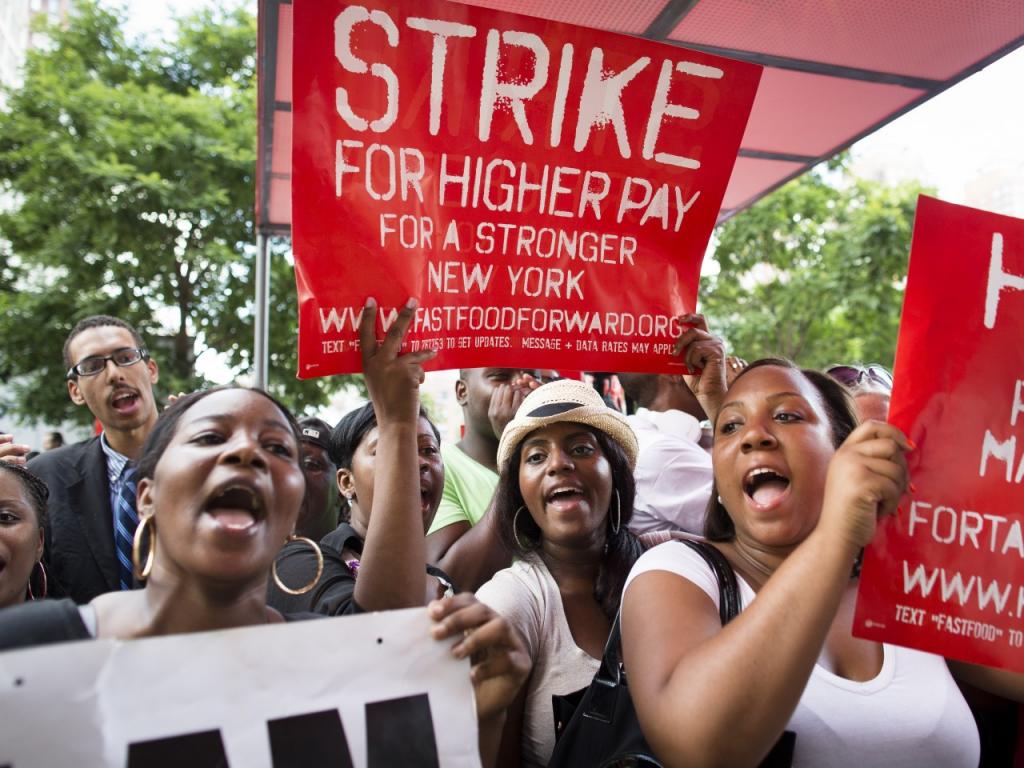A Brief Historical Explanation
The word "communism" has seen things. The term, still relatively new, was used for over a hundred years in the propaganda of the most
powerful countries in human history (in one corner the USA with much of Western
Europe, and in the other corner the USSR, the PRC, and allied forces).
Public (and private) schooling in
capitalist countries do little to allow the left to tell its side of the
story, and the owners of the biggest media companies make money by selling ads, but ads don't work as well after media depicting a leftist message (not for lack of interest in leftism, but in those viewers lack of interest in what is being advertised -- not to mention those media billionaires kind of like capitalism).
So, really, it wouldn't make sense if "communism" wasn't a confusing word.
This Is a Big Problem for the Radical Left...
... because communism is what the Radical Left is all about.
When you can sit down and use a word that one person thinks means
an all-power state and another thinks the end of the state, when one
person thinks the end of surplus and another thinks the end of scarcity,
when one person thinks imprisonment without trial and another thinks
true democracy... that word is going to seem a little vague to most
people.
Barack Obama is a socialist. -- Sarah Palin
Common Exceptions
The definition I gave is what almost any radical leftist will mean by "communism." There are, of course, exceptions. There are also a couple of (sloppy) strategies the left has used to cope with the exceptions and the general misunderstanding.
The most common exception happens when a radical leftist is
talking to a non-radical. Non-radicals often call
societies similar to the Soviet Union "communist." Radical leftists might use that word in that sense to simplify things or just by accidental mirroring of language. Many communists also defend
these societies (China during Mao's
leadership for example) anyway, and so clarifying the mistake seems beside the point.
Another exception occurs most often in anarchist circles or when anarchists are talking with communists. Anarchists might prefer the term "anarchism" to describe "communism" to emphasize the differing beliefs about dealing with
the state after revolution.
Two Strategies Or: What Little Progress Has Been Made for (C/c)larity
One common strategy to clarify whether "communism" is being used to describe the
political goal or societies like the Soviet Union is this:
- Lower case "c" for the political goal (e.g. "communism is stateless")
- Upper case "C" for a society like the Soviet Union (e.g. "Communist Russia")
It is clear this doesn't help when starting a sentence with the word or when speaking, but this is one strategy that you will see, especially on the internet.
Another strategy is to use the phrase "
really existing socialism" to describe the historical experiences of the Soviet Union, Revolutionary China, etc.
The Still Misunderstood and Misused Word
So the word "(C/c)ommunism" is used (especially in the West or among many non-leftists)
to describe Soviet Union style societies, tribal societies (what the
radical left calls "primitive communism"), fascism (which communists
hate more than capitalism), welfare programs, work safety regulations,
progressive tax, secularism, and the list goes on. Almost as a rule:
if a Western politician didn't like something during the past hundred
years or so, it was labelled "communism."


